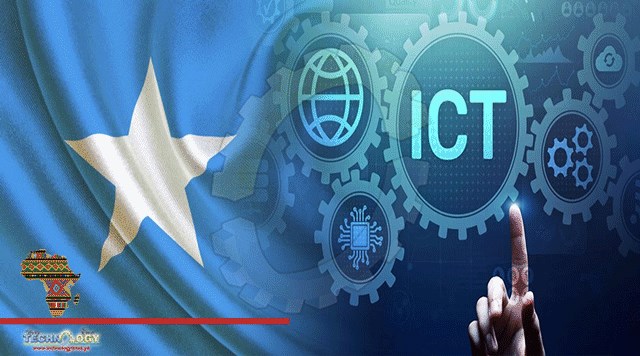
Wednesday September 29, 2021

The Information and Communications Technology (ICT) Sector Support Program, which ran from 2014-2020, has been a success story in Somalia, a country that is focused on promoting good governance, accelerating economic recovery and creating jobs.
One of the significant achievements of the program was the robust development of the sector with a variety of diverse stakeholders, including ministries, universities and communities, which helped to create an enabling environment for the growth of telecommunications countrywide. The project also supported Somalia’s overall development and institution building.
The initiative supported digital development in the education sector. For example, the project aided the Somali Education and Research Network (SomaliREN), providing connectivity to 50 campuses in some 20 universities in central and southern Somalia, Somaliland and Puntland.
This proved to be a lifeline during the global pandemic in helping students access learning resources and participate in virtual classes.
One of the early initiatives under the ICT Sector Support Program was to help the government develop telecommunications legislation. In addition to regulation, the project encouraged private sector investment in ICT infrastructure, as well as improved connectivity, and the provision of financing, development, planning and training. All these initiatives helped connect and strengthen Somali institutions.
The country’s progress has been noted by external sources, too. Somalia jumped up the list maintained by International Telecommunication Union’s Regulatory Tracker. While it had 16 points when the project began, in 2014, it had risen to 63 points out of a possible 100 by 2020. This ranking positions Somalia alongside regional peers that have much more mature markets.
Most importantly, Somali consumers benefitted from a better regulated telecom environment. International Telecommunication Union data indicates that the monthly price of a low-user package of mobile services (70 minutes of calls, 20 SMS messages and 500 MB of data) fell from US$15.40 in 2015 when the project started, to US$3.70 in 2019, a decrease of 76 percent.
While this change in prices is part of an industry-wide trend, the project contributed by creating a more stable and predictable regulatory environment in which operators are accountable for their performance. Lower prices have led to an increase in usage of telecoms services, in particular for mobile money and internet data, to the benefit of consumers.
New initiatives and innovations are building upon the framework supported by this project, notably the SCALED-UP program, which is working to increase access to basic digital financial and government services through entrepreneurship and employment, particularly for women.